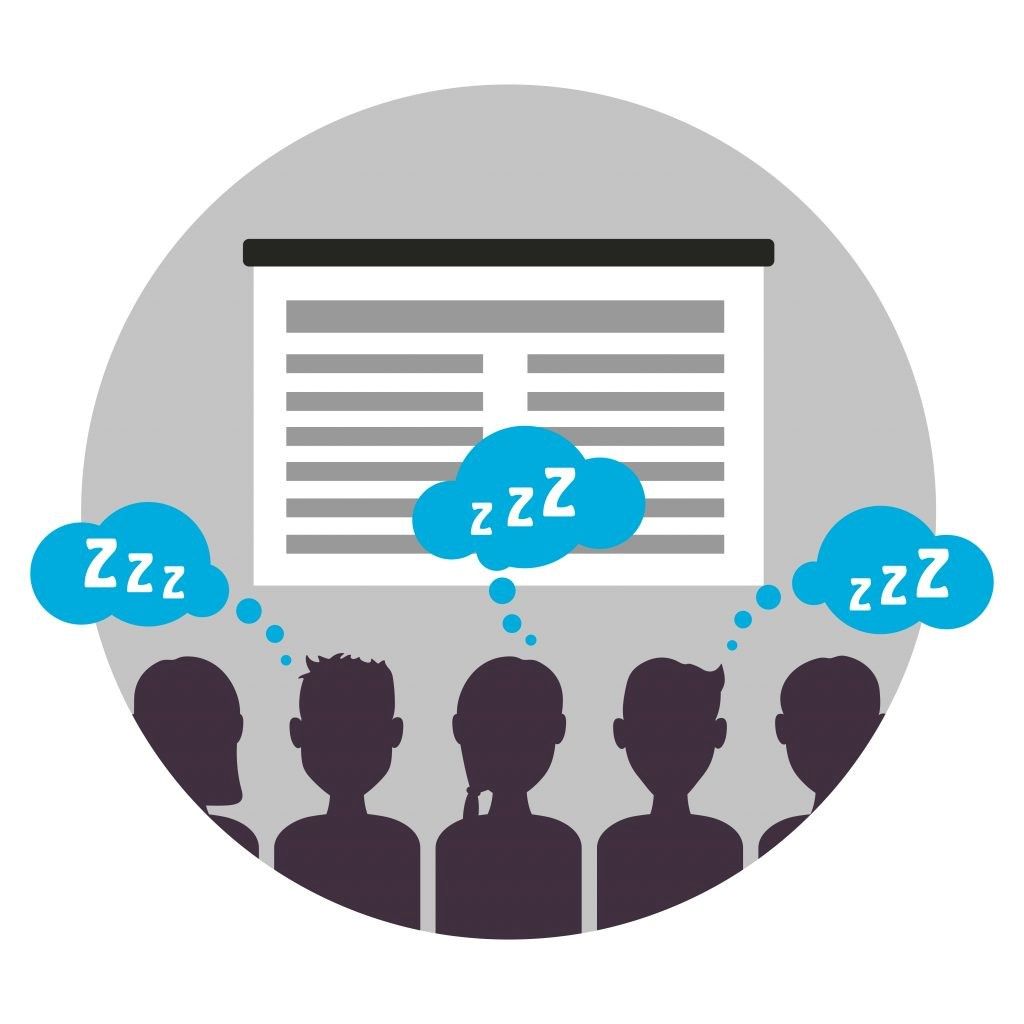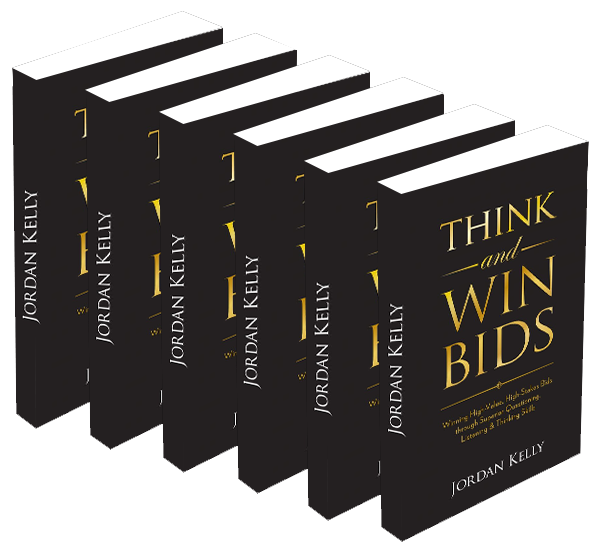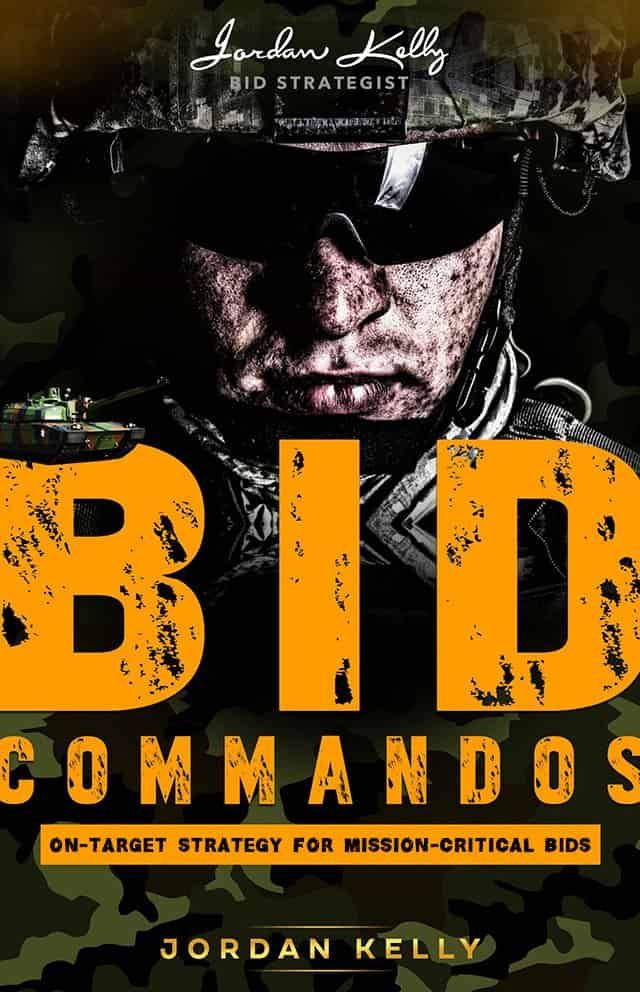CATEGORIES:

It is, has always been, and always will be, my firm belief (and my consistently demonstrated experience) that the concept of “strategy” and the concept of a “template” are, at root, in direct conflict with each other.
Strategy is the output of deep, analytical and lateral thinking. By contrast, by their very nature, templates produce shallow (what I call “inch deep”) thinking.
It is not possible for it to be otherwise – regardless of the detail and complexity that may be built into any given template – because strategic thinking is not, by its very nature, linear.
Past a very shallow level, templates cannot effectively or efficiently direct the non-linear, nimble and fluid thinking required to produce an optimal, competitively superior strategy.
There Is An Exception
Templates, however, do have a role to play when a bid team doesn’t have a genuine strategist to lead it in its formulation of strategy.
BUT (critical qualifier follows) . . . the value of templates, even in that scenario, is only as “set sail” guideposts and final check points. Templates have no value as a singular and definitive tool for strategy formulation; they certainly do not represent a replacement for the deeply neural-driven, multi-layered thinking that produces a well-thought-out, detailed, well-knitted-together, comprehensive strategy.
The current trend towards making templates more prescriptive in an attempt to raise the quality of bid strategy outputs is, in fact, counterproductive.
It exacerbates a core problem: That current bid strategy sessions don’t take the investigation and think tank process either sufficiently wide or sufficiently deep (width often being dictated by the findings of the depth of analysis, and thus not able to be predicted in a template).
At best, injecting further detail requirements into templates risks directing discussions and inputs down an artificial path i.e. a path that may not lead to the optimal end result in terms of strategy.
In my opinion, this is one of the primary factors contributing to the production of supplier-centric (versus genuinely client-focused) submissions and their largely “brochureware” content.
In the absence of the optimum strategy, or at the very least simply a quality strategy, the content of the ultimate submission is left, in large part, to the auspices of the individual section authors. And the result of that can - logically - be nothing more than a patchwork quilt of opinions and assumptions.
BID COMMANDOS
On-Target Strategy for Mission-Critical Bids
(Training Program)
The ultimate "anti-template" system, and a perfect action step-based accompaniment to my flagship book, Think and Win Bids (see opposite).
BID COMMANDOS is my "blockbuster", 11-Module course - that provides the option of my facilitated training in real-time, as you prepare for, and participate in, either a formal bid or a proactive pursuit.
THINK AND WIN BIDS
Winning High-Stakes, High-Value Bids through Superior Questioning, Listening & Thinking Skills

(Book)
The three fundamental skills of a genuinely sharp, sustainably successful bid professional are the ability to think, listen and ask quality questions.
Furthermore, formulating successful business development and bid strategies is the process of well-directed research and thinking; not the product of tools and templates.



